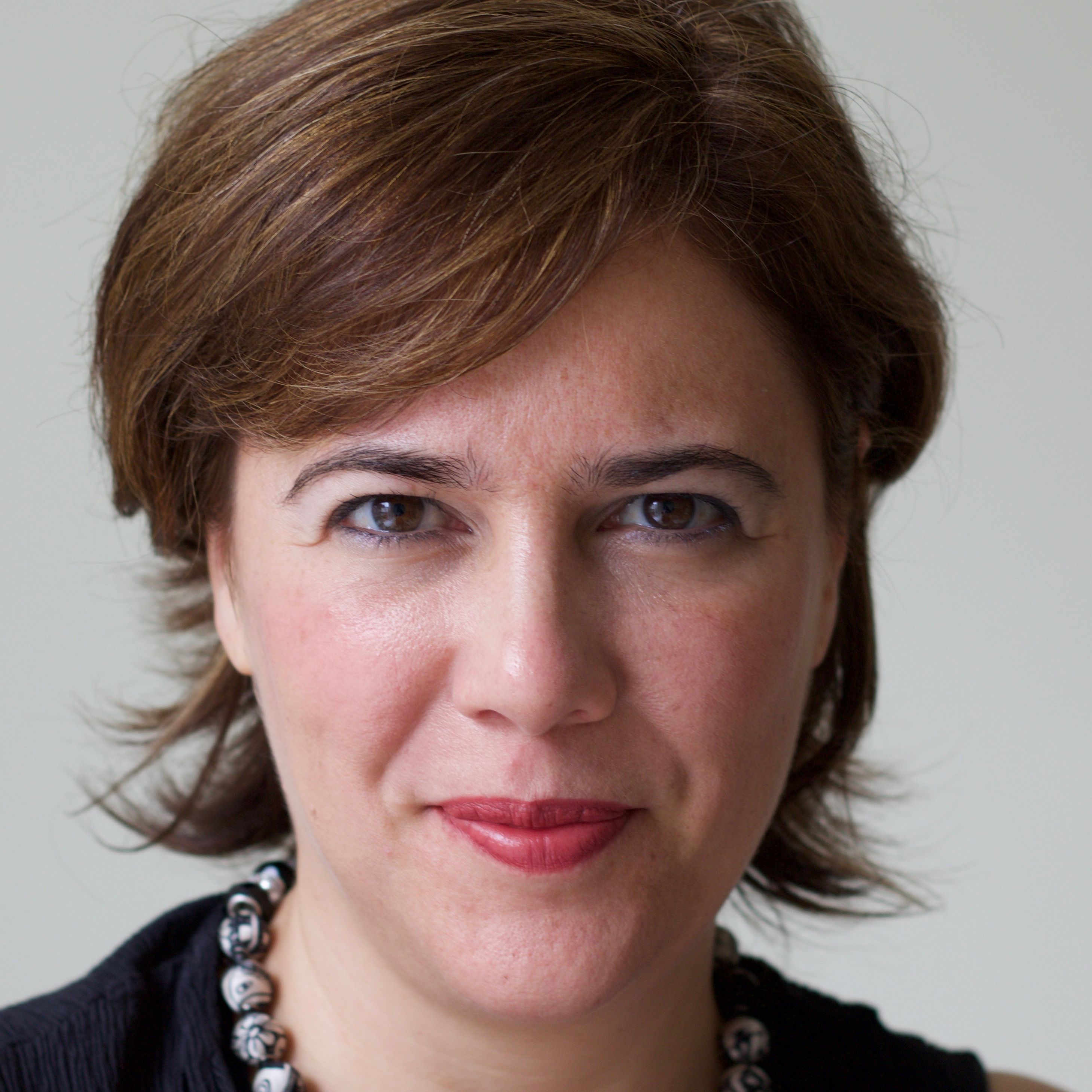Cell death is an invariant feature throughout our lifespan, starting with extensive scheduled cell death during morphogenesis and continuing with death under homeostasis in adult tissues. Additionally, cells become victims of accidental, unscheduled death following injury and infection. Cell death triggers specific and specialized responses in the living cells that surround them or are attracted to the dying cells. These responses sculpt tissues during morphogenesis, replenish lost cells in homeostasis, and repair damaged tissues after injury. Wherein lies the information that sets in motion the cascade of effector responses culminating in remodeling, renewal or repair? I will attempt to provide a framework for thinking about cell death in terms of the specific effector responses that accompanies various modalities of cell death. I will also propose an integrated three-fold “cell death code” consisting of information intrinsic to the dying/dead cell, the surroundings of the dying cell and the identity of the responder.
About the speaker
Carla V. Rothlin, Ph.D. is the Dorys McConnell Duberg Professor of Immunobiology and Pharmacology at Yale School of Medicine. Dr. Rothlin is also the co-leader of the Cancer Immunology Program at the Yale Cancer Center. Dr. Rothlin studied Biochemistry and Pharmacy at the University of Buenos Aires, where she also performed her graduate studies under the direction of Dr. Ana Belen Elgoyhen on nicotinic receptors expressed in the inner ear. Following her Ph.D., Dr. Rothlin moved to San Diego, California and joined Dr. Greg Lemke's lab at the Salk Institute for Biological Studies as a PEW Latin American Fellow. Dr. Rothlin was appointed as an Assistant Professor in Immunobiology at Yale School of Medicine in 2009. Dr. Rothlin co-directs a research laboratory together with Dr. Sourav Ghosh (Professor of Neurology and Pharmacology). Their research program focuses on mechanisms that underlie the regulation of inflammation and the homeostatic control of immune function. Dr. Rothlin’s contributions have been recognized by numerous foundations, such as the PEW Foundation and Howard Hughes Medical Institute. Dr. Rothlinis also highly committed to Yale’s education mission and was appointed Director of Graduate Studies in Immunobiology in 2018.


